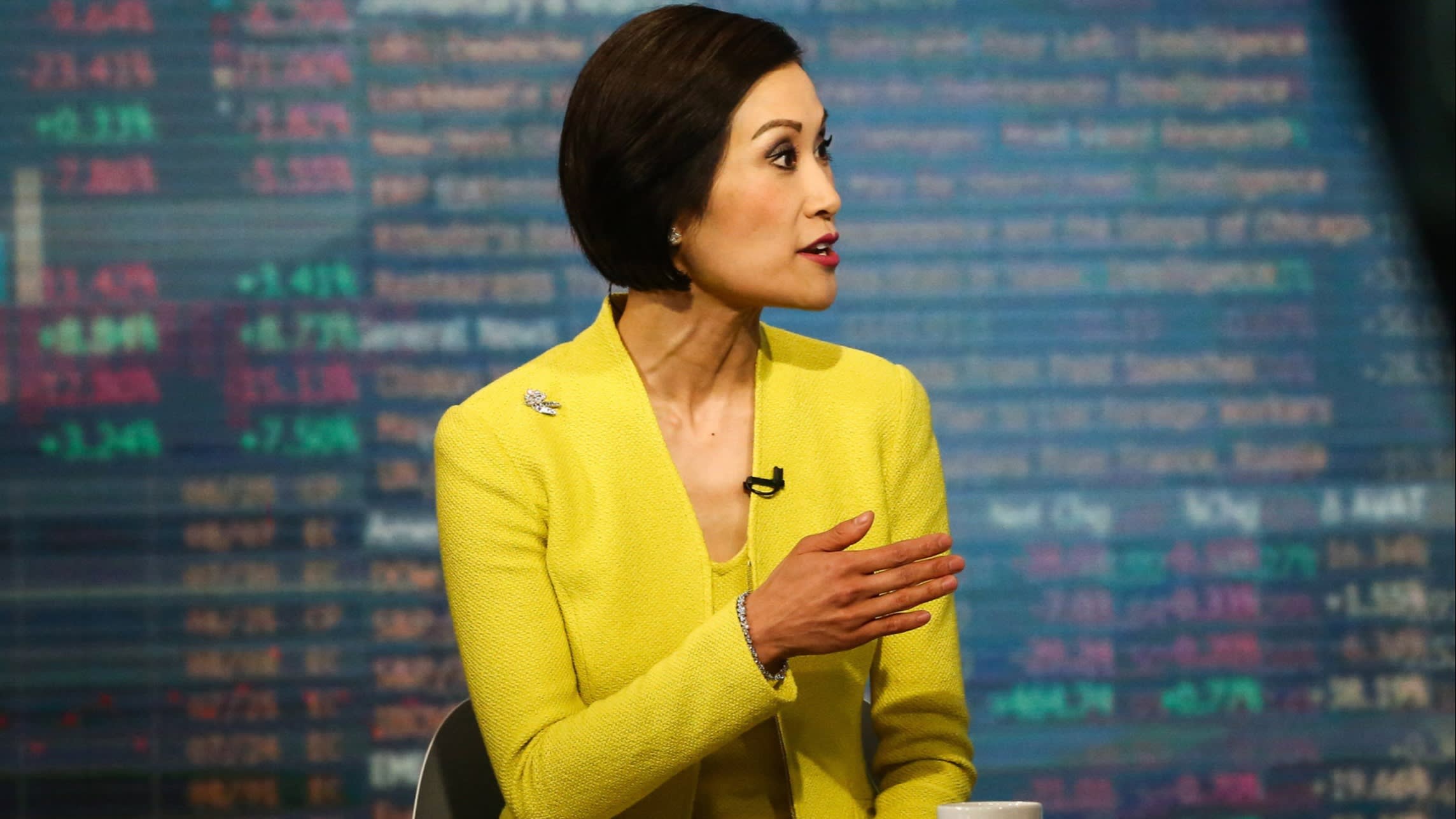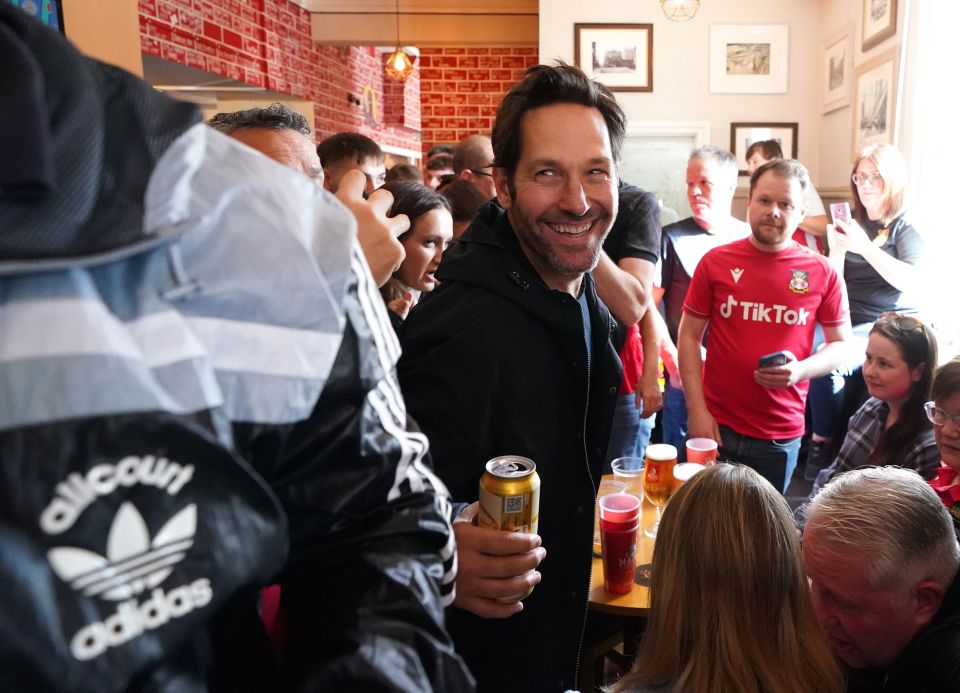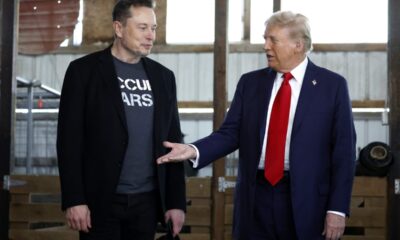For years, German chancellor Olaf Scholz was blamed for his seeming inability to instil discipline in his warring cabinet, for his gnomic silence in the face of constant ministerial feuding.
This week, the sphinx finally spoke. And in a few words he brought down the government.
Scholz appeared before reporters on Wednesday evening to announce he had sacked his finance minister Christian Lindner, in effect pulling the plug on his coalition.
He described Lindner in ways that drew gasps of astonishment from those present: “selfish”, “irresponsible” and caring “only about the short-term survival of his own party”.
The question on many people’s lips was — what took him so long?
“He should have issued Lindner an ultimatum a long time ago,” said Wolfgang Schroeder, a political scientist at Kassel University. “Either you work with us constructively or we go our separate ways.”
Scholz’s coalition was never a particularly stable construct. It was a political experiment — the first three-way coalition comprised of the chancellor’s Social Democrats (SPD), Lindner’s liberal Free Democrats (FDP) and the Greens — parties that were awkward bedfellows from the very start.
The alliance was unveiled to much fanfare after elections in late 2021 and immediately launched a progressive programme that marked a fresh start after the inertia of the Angela Merkel era.
But its plans were quickly upended by Russia’s full-scale invasion of Ukraine in February 2022.
Scholz had predicted that Germany’s green transition would bring about a new “economic miracle”, with growth rates not seen since the boom years of the 1950s. Instead he found himself trying to figure out how to get Germany through the winter without Russian gas.
He and his ministers rose to the challenge, largely overcoming the energy crisis. They also reoriented German defence and foreign policy, in what Scholz dubbed a Zeitenwende, or turning point, agreeing massive supplies of weapons to Ukraine and a huge rearmament programme for the Bundeswehr.
But the outward unity masked deep ideological fissures. The SPD wanted to shore up the welfare state, the Greens wanted action on climate change, and the FDP was obsessed with making sure Germany did not take on too much public debt.
“Our many political differences were papered over by all the money we had available,” Lindner said on Thursday. “That allowed us to reconcile political ideas that were essentially incompatible.”
Last year, that whole construct came crashing down.
In a bombshell judgment in November 2023, Germany’s constitutional court struck down Scholz’s budget on the grounds that it had violated the “debt brake”, the country’s constitution-enshrined cap on new borrowing. That opened up a massive fiscal hole that the coalition parties have struggled to fill.
Suddenly, the three parties were squabbling publicly over what to do. The SPD and the Greens wanted to suspend the debt rule to allow the state to borrow more money for Ukraine, and invest in infrastructure. Lindner, as head of the FDP, resolutely resisted those demands.
The tensions only increased as Germany’s economic prospects darkened. The country was grappling with falling output in its auto, chemicals and engineering industries. This autumn ministers downgraded their growth forecasts, admitting that Germany was now stuck in its first two-year recession since the start of the 2000s.
That played havoc with the government’s spending plans, forcing Lindner to lower his estimate for next year’s revenues. A €13.5bn hole opened up in the budget for next year. The bickering over how to bridge that gap became ever more feverish.
Lindner said on Thursday the parties had “always hoped” they could make progress through compromising with each other. But “the way the economy was and the way the public finances were heading, this limbo, this policy of the lowest common denominator, was no longer possible”.
Scholz tried for months to mediate between the feuding parties and steady the ship of state. On Wednesday he admitted how hard it had been to reach compromises. “Sometimes I went hard up against the limits of my political convictions,” he said.
“It’s hard to bang the table in such a disparate coalition — you end up smashing a lot of porcelain,” said Ursula Münch, director of the Academy for Political Education in Tutzing, Bavaria. “But he could have been a bit clearer about what he wanted to achieve, and communicated it better.”
At a town-hall meeting in Berlin in September Scholz was assailed by a kindergarten teacher who accused ministers of behaving like a “bunch of kids”. With a look of helplessness the chancellor asked him what his remedy was, adding with a smile: “I’m asking for a friend.”
As the economy worsened and the squabbling intensified, the coalition parties’ approval ratings slumped. All three performed disastrously in elections in eastern Germany in September that saw strong gains for populist parties of the right and left. A poll from late last month showed the combined ratings of the SPD, Greens and FDP were now less than that of the opposition Christian Democratic Union — Merkel’s conservative party.
Scholz’s aides routinely defended his style of government. His was a “steady hand on the tiller”, he was imperturbable and level-headed, and flexible enough to find solutions when his cabinet colleagues fell out.
On Ukraine he had pursued what he himself called a “prudent” course, navigating between pacifists in his own party who craved a swift end to the war and the more gung-ho pro-Kyiv faction in the Greens and FDP that wanted a big increase in weapons supplies.
He has defended his consensual style. “There are some people, they’re amazing, they always say ‘onwards! Let’s man the barricades! Everyone after me!’” Scholz told a business meeting on Thursday morning, hours after sacking Lindner. “But the world isn’t like that, it’s never just one or two people leading. We all have to get along with each other.”
Robert Habeck, the Green economy minister, said on Thursday that anyone who thought the next coalition would be easier to manage was fooling themselves. “It’s not enough to have a parliamentary majority,” he told reporters. “You don’t have to be a clairvoyant to see that in future, even after the next election, it’s not automatically going to be easier.”
However, others think Scholz could have done more to ensure cabinet unity. “He was like a moderator on a panel, not a chancellor, and he just let things slide,” said Schroeder. “He was too reactive, mainly focused on keeping the show on the road.”
After his dismissal, Lindner also criticised Scholz’s leadership style. The chancellor lacked “the strength to enable a fresh start for our country”, he said, and his proposals for economic reform were “dull, unambitious”.
Scholz, who will now go down in the annals as one of the shortest-serving chancellors in Germany’s postwar history, once said that “whoever wants leadership from me will get it”: it was a pledge his critics say he never fulfilled.













































































































































































You must be logged in to post a comment Login